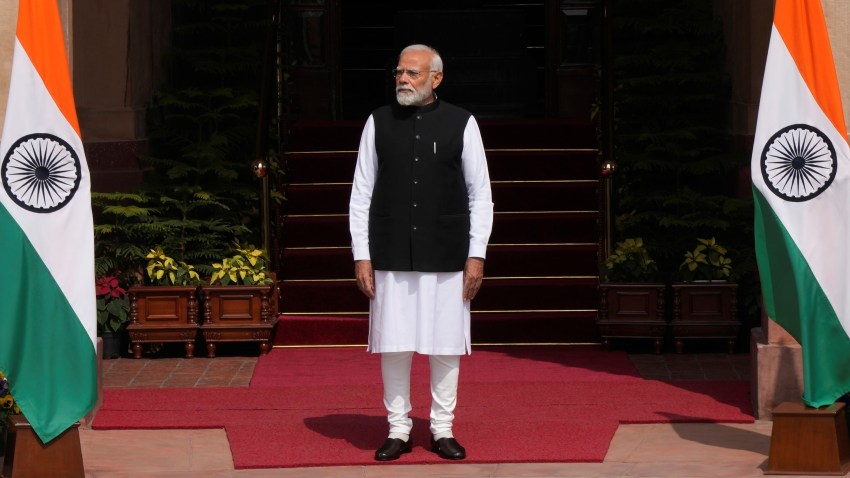Early results from India’s general elections suggest PM Narendra Modi’s party will fall far short of the landslide victory it had expected when voting began. His Hindu nationalist Bharatiya Janata Party, or BJP, is still projected to finish in first place, securing Modi a third term in office, but the BJP may not win a legislative majority for the first time in over a decade. (Washington Post)
Our Take
India’s lengthy voting period—just over six weeks—is a necessity for a country with such a large population and area, but it also lends itself to mixed signals emerging throughout the process. Before voting began, Modi set expectations high, repeating the slogan “Ab ki baar, 400 paar,” meaning the BJP and its allies were aiming to surpass 400 seats in the 543-member lower house of parliament.
That would have been a stunning majority, but at the time it was not unthinkable. Modi and his Hindu nationalist movement have been utterly dominant in Indian politics for the past decade. And in the lead-up to the vote, Modi’s government cracked down on the opposition, jailing the chief ministers of two opposition-controlled states and freezing the bank account of the Indian National Congress, the country’s main opposition party. Exit polls released over the weekend suggested that the BJP was indeed headed for a landslide win.

